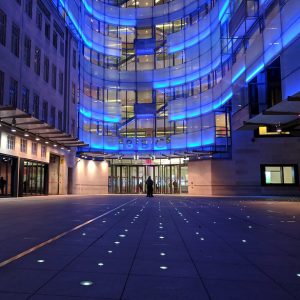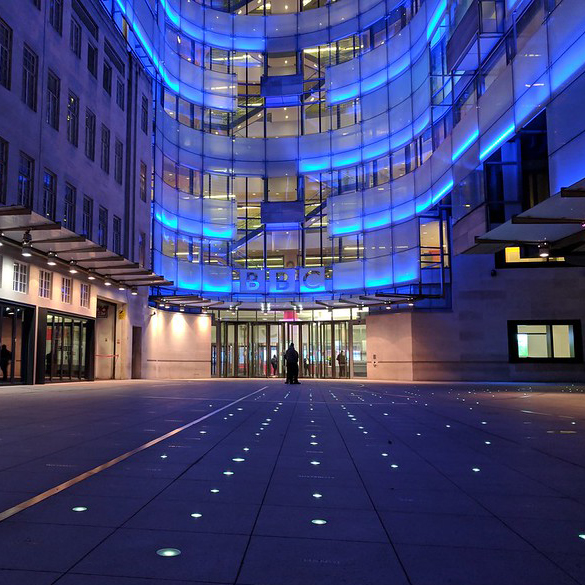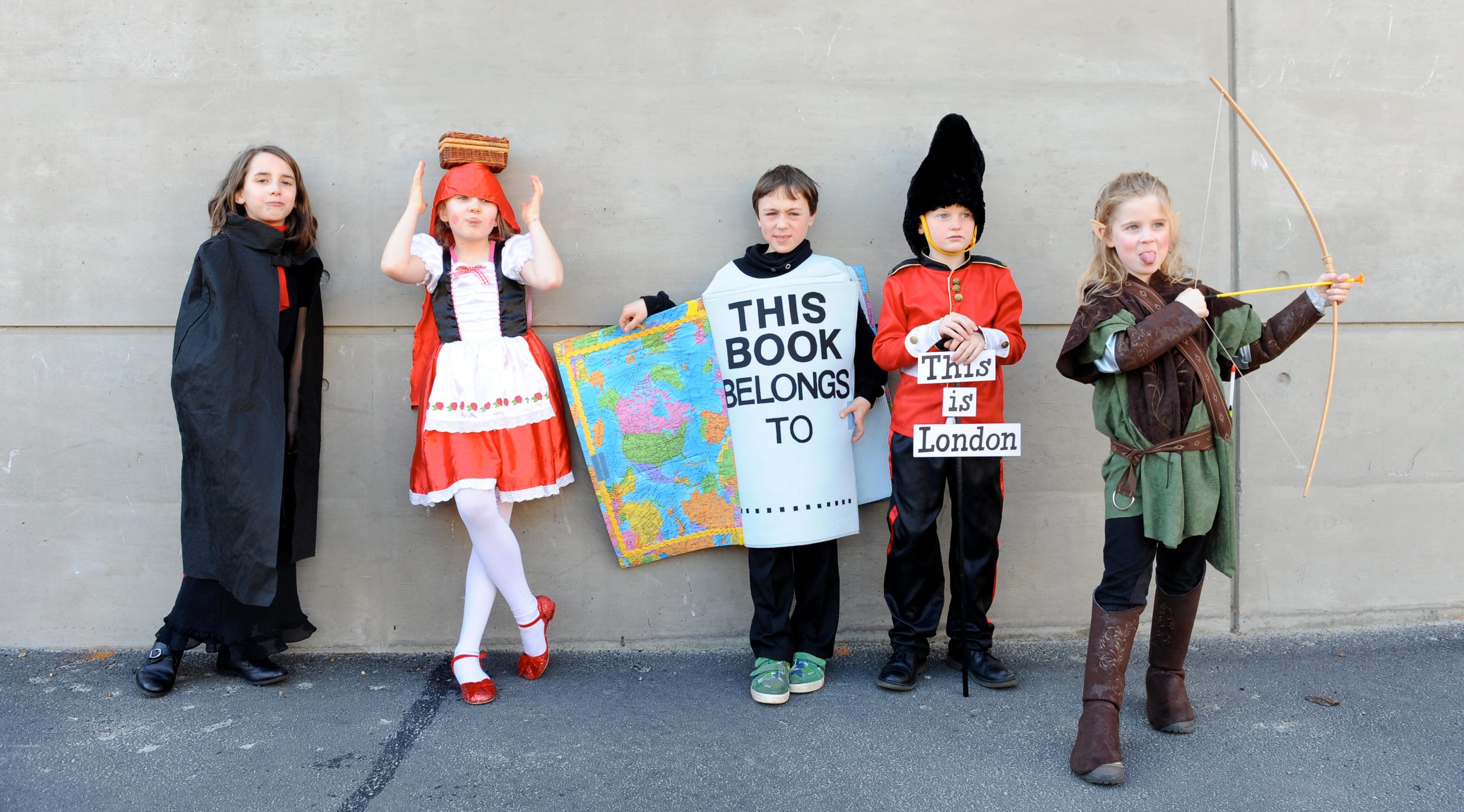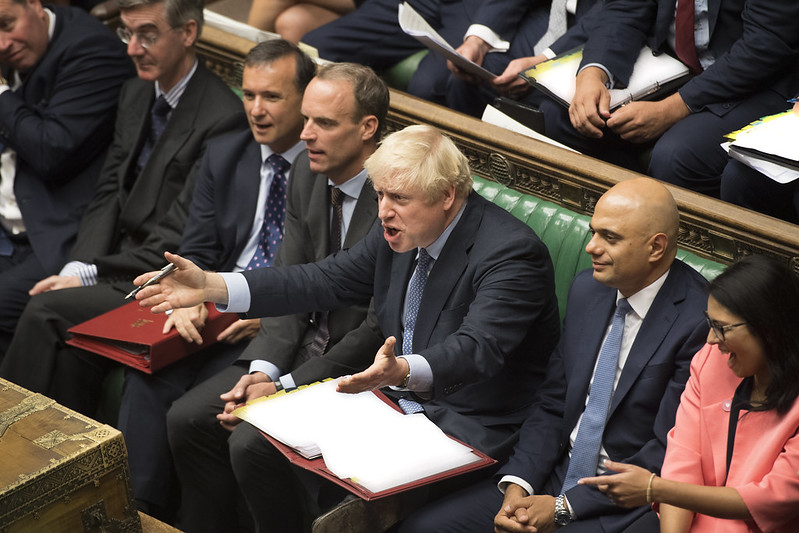
BBC Broadcasting House. Photo: James Cridland
There are some new stories that expose people’s lack of understanding of what media freedom is in a democratic society and in the midst of an apparent scandal words can get heated and people can speak out of turn without realising that they are ignorant of what they speak. We’ve all done it but in the last ten days the words of more than one British politician or commentator have made me want to throw things at the TV.
Since last week the United Kingdom has been embroiled in a row about whether or not a sports presenter – namely one Gary Lineker – had the right to challenge the actions of his government on a social media platform when not at work. The issue was actually not his words (not really), but the responsibility he had to his employer – the UK’s public sector broadcaster, the BBC.
When last Friday evening BBC management opted to remove Lineker from air over the weekend, I think it’s fair to suggest that they were ill prepared for the response from the rest of their on-air talent and many of their sports journalists and support staff who, in solidarity with Lineker, refused to work. Shows were cancelled, football commentary was unavailable and many of the most influential footballers in the UK refused to give post-match interviews to the BBC. In other words Lineker received complete support from his colleagues and the BBC reinstated him.
While this was a freedom of expression issue – once Lineker had been removed from air for sharing his views – it isn’t that element of the issue that is the focus of my blog. Although, for the record, I think that employees of the BBC who aren’t involved in news production or editorial decisions should probably be able to outline their personal views, on their personal social media pages, when not at work without it becoming a national drama.
However, it was the political pontifications that followed the internal BBC drama that I wish to write about. British parliament had a discussion on the impartiality of the BBC following on from the drama. Language is important and definitions even more so when you’re talking about issues of such importance. And both in the House of Commons and in certain media outlets the BBC suddenly was no longer a public sector broadcaster – it had become a state broadcaster.
These are two very different beasts and it’s vital that we don’t seek to conflate the two. A state broadcaster operates at the direction of the state – they promote the interests of their government and are not considered by anyone to be impartial. State broadcasters include Iran’s Press TV, Russia’s RT and China’s CGTV. This is not a model that the UK would want to or should ever seek to emulate.
The BBC is an impartial public sector broadcaster, funded by a form of hypothecated tax. The government gets to appoint the governance structure and every decade negotiate the Royal Charter – which determines the broadcasting rights of the BBC – but they have no editorial control. No programming control. No employment responsibilities. And long may that be.
We are incredibly lucky to have an impartial public sector broadcaster that can speak truth to power and they should be able to act without fear or favour within the UK. Politicians and commentators who wish to engage in discussions about the future of the BBC and any perceived impropriety or political bias should as a basic requirement be able to articulate the difference between a public sector broadcaster and a state broadcaster.






